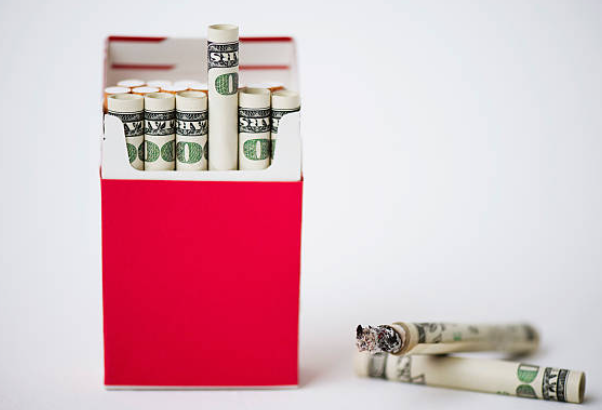Are you addicted to DEBT?

Have you ever borrowed money from friends, family or financial institutions and never pay it back?
Do you use up your income in a short period of time and don’t know where your money goes?
Do you suffer remorse for those compulsive purchases of things or services you didn’t need?
Have you ever gotten sick because of the stress caused by debt, have you ever been sick because of the stress caused by debt?
If you saw yourself in any of the above situations or you know someone dealing with these problems, it is likely that you are facing an uncontrolled love of owing money, that is, a debt addiction. And its consequences may be: inability to access loans with low interest rates, calls from collection departments and, of course, a life full of stress.
Here’s how to recognize the problem into 4 steps –
1.- Admit that your life has become unmanageable because of debt
Whether for pride or any other reason, many people addicted to debt do not recognize that they have a problem even though they are experiencing the consequences first hand.
Therefore, the first step should be to admit that debt has led you to live a more unhappy and restless life, to the point that you have neglected very important aspects such as living with family, friends or your partner.
2.- Make a sincere and thorough examination of conscience of your debts
Something essential to start getting out of debt is to know in detail what your debts are and the interest you are paying. This will not only help you to know how serious your dependence on debt is, but also to begin to detect the behaviors that have caused the problem you are experiencing today.
Do you overuse your credit cards, stop using them and hide them, if necessary. Do you get into debt because you always forget the payment deadline, start using applications and agendas that remind you of your financial obligations. You can also a get a free debt relief consultation
3.- Repair debts
Once you identify your debts and the reasons that cause them, the next step is to design and implement strategies that allow you to pay them. But no strategy will be effective, if you do not start practicing basic habits of good financial health, such as saving for unforeseen events or planning a budget that allows you to set aside money to pay your debts and provide a better destination for your income.
It is recommended to pay off your debts starting with the smallest; or pay off the debt that charges you the most interest first.
4.- Practice principles and take the message to other people
Changing your habits towards a debt-free life has more lasting emotional and psychological effects than the instant happiness of shopping at a mall or the drunkenness of paying with a credit card knowing that you will have to deal with a hangover sooner or later.
Experts in psychology have corroborated multiple benefits of being debt-free: it reduces anxiety, fosters greater self-esteem and improves our decision making as there is less stress about owing money.


Hi, I am Nikesh Mehta, owner and writer of this site. I’m an analytics professional and also love writing on finance and related industry. I’ve done online course in Financial Markets and Investment Strategy from Indian School of Business. I can be reached at nikeshmehta@allonmoney.com.



